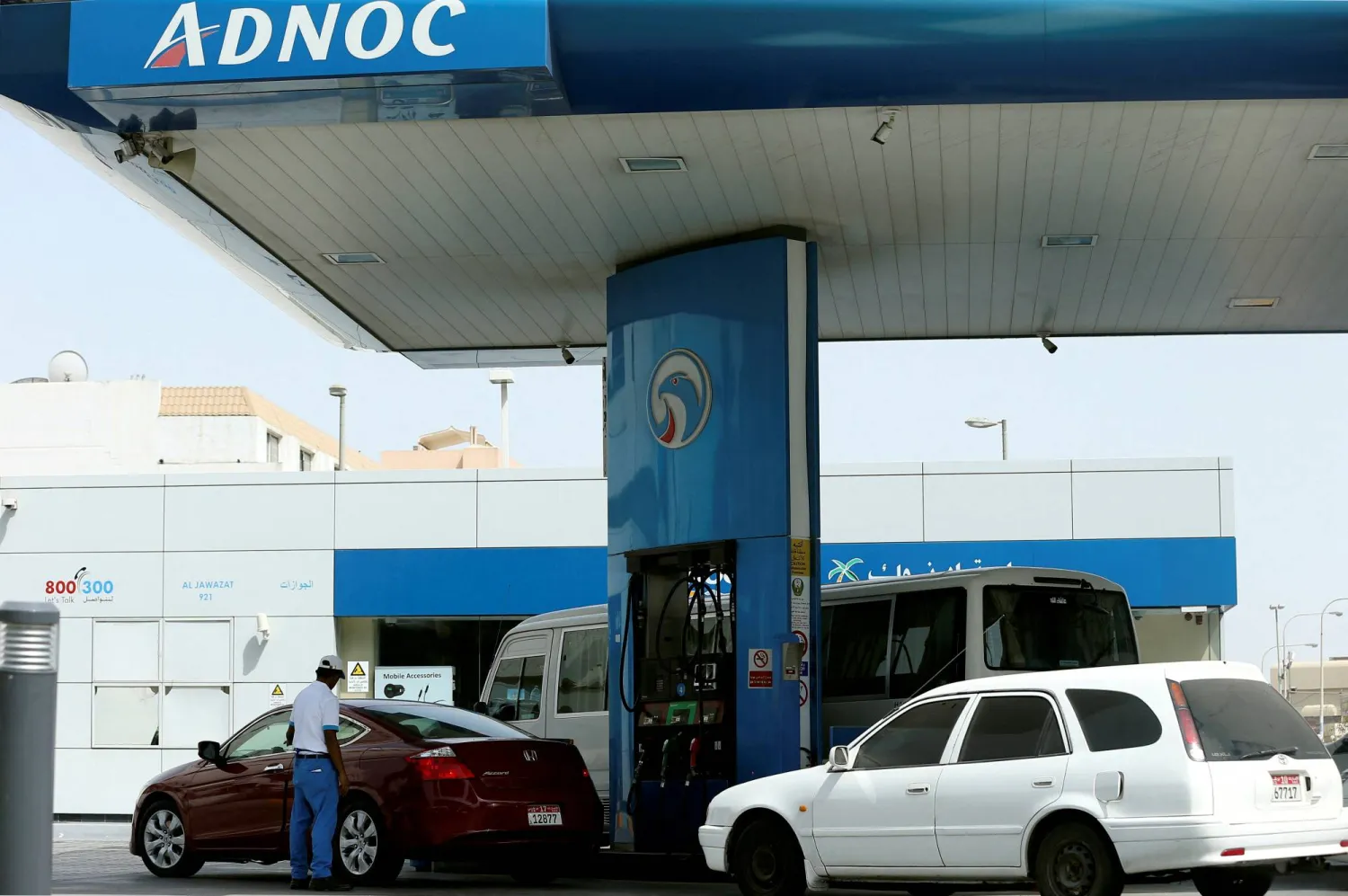Abu Dhabi National Oil Company (ADNOC) said on Thursday it formally closed the acquisition of a 24.9% stake in Austria's Austrian oil and gas group OMV from Abu Dhabi sovereign wealth fund Mubadala Investment Company.
"The transaction accelerates delivery of ADNOC's global chemicals growth strategy and reinforces its status as a responsible, long-term partner and growth-oriented investor," ADNOC said in a statement.
Following the successful completion of the transaction, ADNOC owns 24.9 percent of OMV, while Österreichische Beteiligungs AG (ÖBAG), an Austrian independent holding company, holds 31.5 percent, with the remaining share capital in free float.
“ADNOC is proud to become a shareholder in OMV, a leading international energy and chemicals company, with whom we share a long-standing strategic partnership. Together, we have created significant value through our joint venture Borouge, and today’s investment will unlock further value and future growth opportunities for both companies,” said Khaled Salmeen, Executive Director, Downstream Industry, Marketing and Trading at ADNOC.
“Building on our 25 percent shareholding in Borealis, this transaction marks the next transformative step as we accelerate our ambitious chemicals growth strategy, unlocking significant growth and value creation opportunities for ADNOC, OMV and their respective shareholders.”









